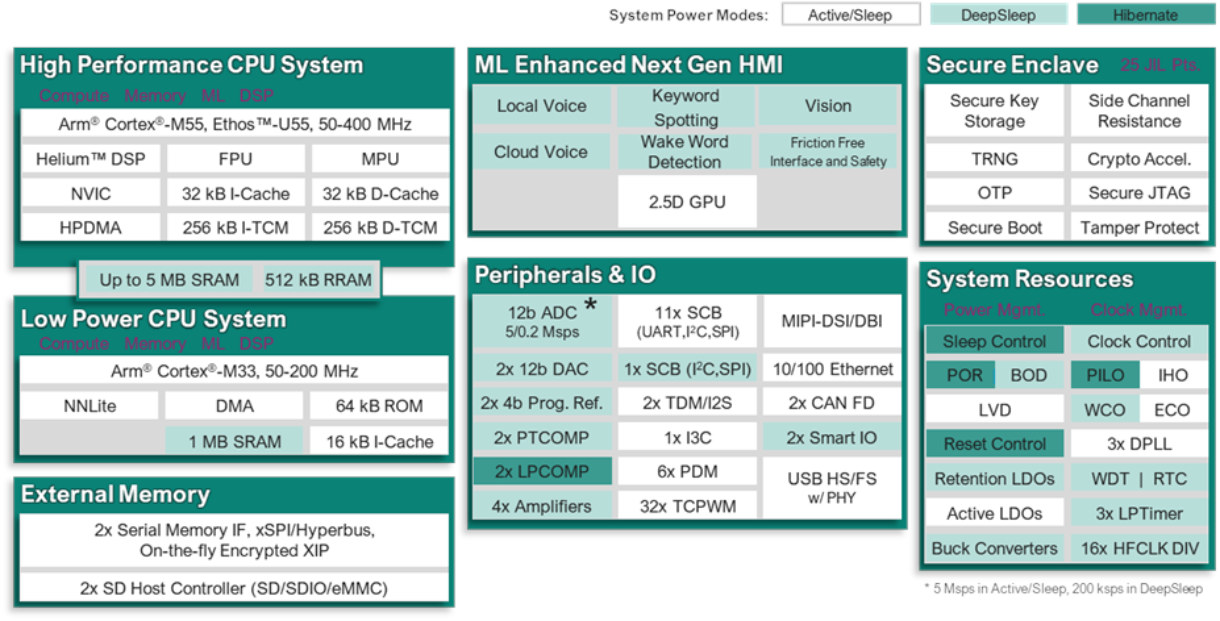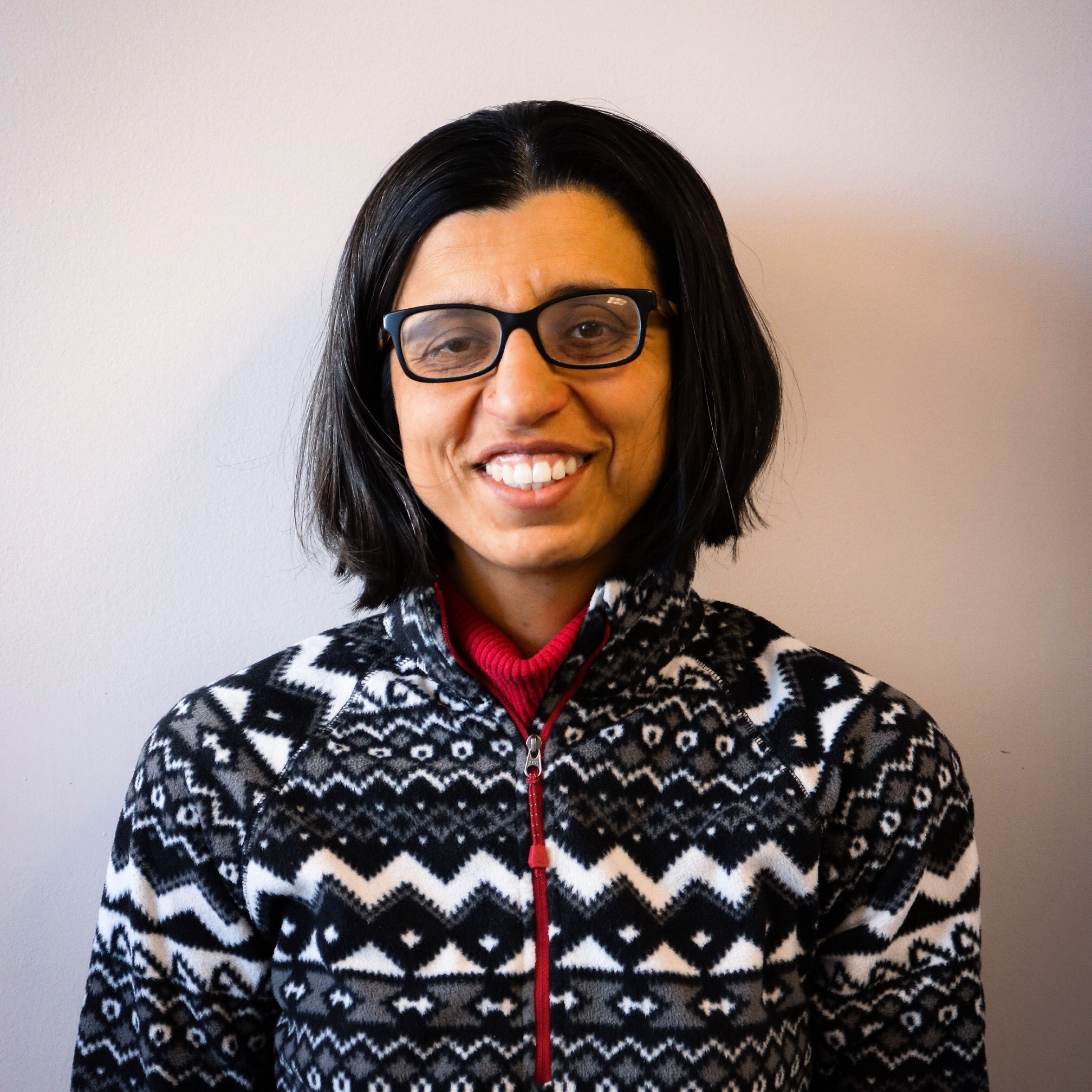Image supply: The Alan Turing Institute
Dr Cosmina Dorobantu finds it thrilling that know-how can do some issues that people battle with, particularly integrating data from numerous sources and making sense of it.
This underpins her work as one of many co-founders – together with Professor Helen Margetts – of the Public Policy Programme at The Alan Turing Institute, the nationwide institute for data science and synthetic intelligence.
A giant component of that is in utilizing the capabilities to deliver collectively these strands to feed into policy making.
“It’s one thing the public sector struggles with,” she says. “It has numerous policy areas as we noticed throughout the pandemic, with epidemical fashions and financial fashions that don’t discuss to one another however work in siloes.
“This is the place the potential is as we’ve the applied sciences and methodologies to deliver them collectively and create extra generalised fashions for policy in which you’ll see how a well being intervention will have an effect on the economic system and the opposite approach round.”
Ethical foundations
Dorobantu has been with the institute since 2018 when she and Margetts arrange the programme to assist organisations use data science and AI to resolve lengthy working policy issues and develop moral foundations for the method.
“We wished to create a model developed with public sector issues in thoughts, that are amongst a few of humanity’s most consequential issues, and I believe these applied sciences are effectively positioned to assist,” she says.
The programme relies on 4 challenges: utilizing data science and AI to tell policy making; bettering the supply of public providers; constructing moral foundations for using data science and AI in policy making; and contributing to policy that governs how they’re used.
An vital component of all these is in the advanced interrelationships between elements in the policy subject.
“Policy as an entire is an interrelated subject,” she says. “When the chancellor decides in the subsequent the place they make investments cash, that invested in well being may additionally have an effect on different areas like training and labour markets.
“All of those are interrelated; there is no such thing as a policy you may implement in a void. Policy is an built-in complete however we’re used to doing it in siloes.
“That’s a key instance of what we’d like machines to do for us. Our brains can’t do this very effectively.”
Team sources
The public policy group is funded by the Turing, which in flip receives backing from sources similar to UK Research and Innovation and funding requires particular programmes, and has about 50 researchers. Dorobantu says this offers some slack in system to supply a fairly fast response to a authorities physique eager to take care of a problem, and allows it to work on some tasks without spending a dime.
It additionally collaborates with lecturers in the UK and abroad, offering a nationwide useful resource for work in the sphere.
“No different nation in the world has one thing like this in the mean time,” she says. “They might have centres inside universities however would not have nationwide centres with teams of devoted researchers for presidency work.”
She sees a rising appreciation of its potential for the public sector, with extra organisations now having devoted data science groups, and most being eager to study extra about what that and AI can do for them. But there are obstacles to beat.
“Just getting the data you want for a mission remains to be a problematic space and the public sector may do a lot better. There remains to be some siloeing between policy areas and I want to see that introduced collectively.
“Plenty of time you see departments engaged on a policy space internally. For instance, if I need to construct a machine studying system there’s a tendency to have a look at what others have been constructed in their division and attempt to undertake it to their downside. But you may usually study extra by wanting throughout to a different division. There is larger scope for collaboration; these applied sciences may be generalised for different questions.”
Star tasks
Asked about stand-out tasks for the reason that programme was arrange, Dorobantu cites ongoing work with the Department of Business, Energy and Industrial Strategy on aggregating data for a mannequin of labour markets, and its work with Ofcom on the Online Harms Observatory, a dashboard of insights on the topic.
She additionally highlights its work on policy measures to deliver extra ladies into data science, and says she is most happy with its growth of steering on using AI in the public sector. This has been adopted up with its contribution to the federal government’s growth of ideas for regulating using AI and the Turing’s lead function in the pilot of the AI Standards Hub.
“We’re transferring from main the nationwide dialog on AI ethics to main the worldwide dialog,” she says. “We’ve been an integral a part of UNESCO’s first worldwide settlement on AI ethics, and been concerned with UNICEF’s moral tips on kids. There are so many enormous tasks in that house.”
She can be conscious of issues that also should be solved, citing the instance of native authorities making an attempt to make use of machine studying to determine kids in danger when they’re nonetheless struggling to grasp all the moral implications, and when the data accessible doesn’t present an entire, unbiased image.
Cautious stance
“I’m nowhere close to satisfied we’ve the proper data or instruments to make the proper selections on kids’s lives. I wouldn’t dare, not like a number of the non-public corporations, at this level to inform native authorities we may construct a system for them.
“It’s not simply the know-how, it’s the data itself. A neighborhood authority could have data on items they’ve had in their areas, however we all know that minorities are over-represented in the datasets, and a center class white child liable to hurt shouldn’t be as readily picked up.
“The data additionally doesn’t decide up the nice bits a couple of baby’s household setting; it’s a system to determine threat and hurt however not the nice issues. Questions like this make you are worried.”
But this isn’t restraining the ambition of the programme. Projects in the pipeline embrace the event of instruments to assist authorities our bodies harness machine studying – for which there’s not but a timeline – the work on the AI Standards Hub with the British Standards Institute and the National Physics Laboratory, and modelling on subjects such because the housing market, worldwide commerce and wealth accumulation.
Underpinning all that is the goal of encouraging public sector our bodies to share what they will, and to construct their very own capabilities in the sphere.
“The good factor about being a analysis institute is that we aren’t like a consultancy, constructing the identical system for 20 totally different departments,” Dorobantu says. “My researchers need to construct a system and transfer on. We need to inform them to study from what different individuals have completed. We need to feed into what is going to enhance the work for them; practice them up and hand it off to them.”
https://www.ukauthority.com/articles/promoting-data-science-and-ai-in-public-policy/




